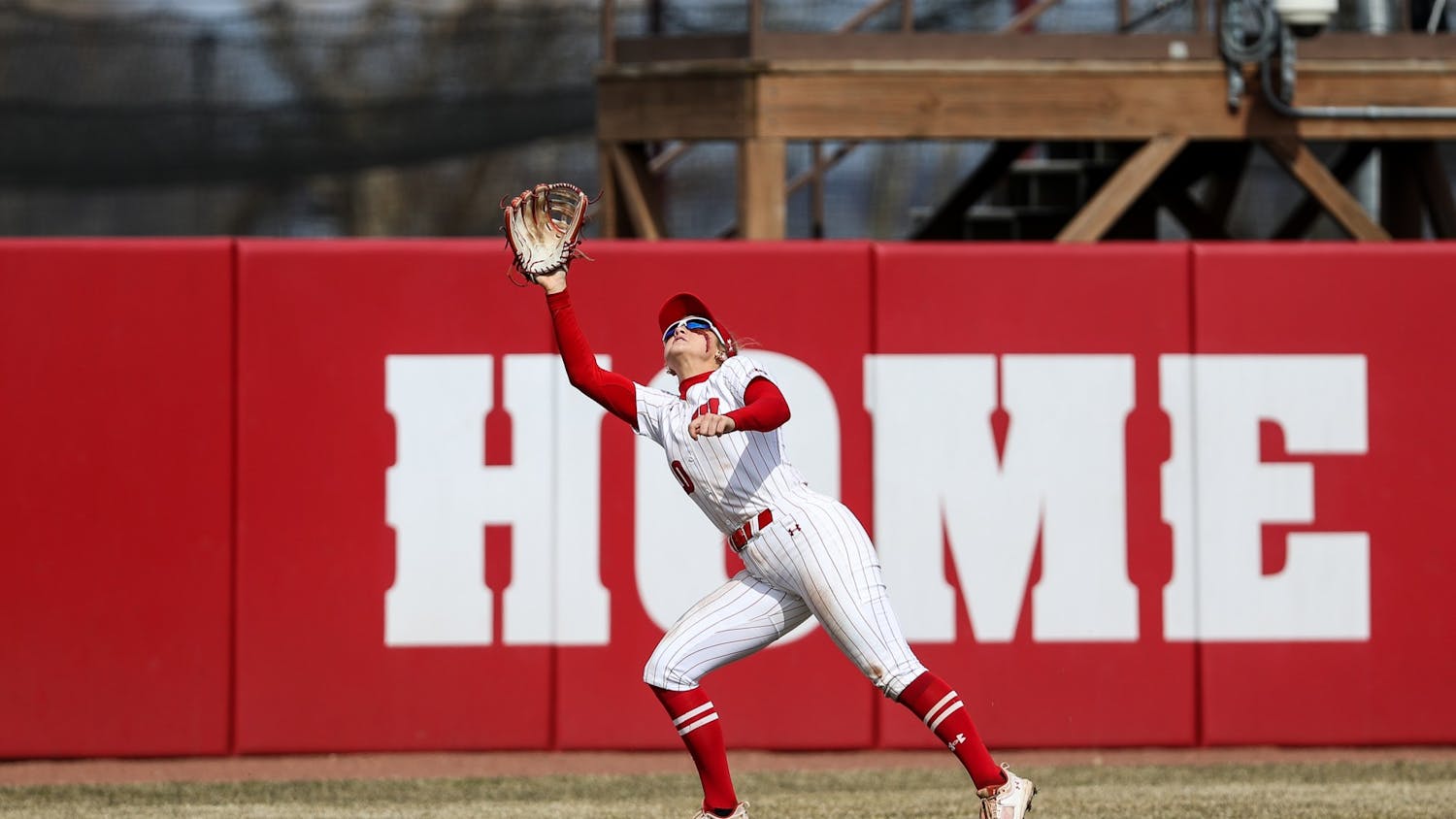Ever since Roger Goodell took over as NFL commissioner in 2006, he's been a no-nonsense guy. He decided he was going to put his stamp on the league by being a disciplinarian, making it seem more and more likely that Goodell's lasting image in this league will be the commissioner who wasn't afraid to impose harsh penalties on any player—even if you're a superstar in the NFL.
And I'm sick of it.
It's apparent Goodell wants to send a message to the players: If you screw up, you're going to pay for it. But Goodell has taken this too far, because he has now gotten involved at the state level. He has decided the government and the law isn't good enough—it has to be Goodell making the calls on how much debt players owe for their actions.
First, there was the Michael Vick saga. Vick did some disturbing things, broke the law and took a lot of heat from people around the country, especially from dog lovers. As a result of his actions, Vick was sentenced to 19 months in prison. He served the time, paid his debt to society and was ready to return to football.
But then he had to deal with Roger Goodell. Goodell, who apparently did not believe the legal system did its full part in punishing Vick, slapped Vick with a two-game suspension in the preseason, then did not reinstate Vick for regular season participation until week three.
Vick may have made some poor choices and caused harm to some people, but he paid for it. He was arrested, indicted and sentenced by the criminal justice system. Vick's so-called debt to society had been paid. So why did Goodell extend the punishment?
The latest example of this trend came recently with Pittsburgh Steelers' quarterback Ben Roethlisberger, and this case is even more absurd than Vick's.
Roethlisberger was accused of sexual assault in Georgia; charges that were later dropped. But that didn't matter to Goodell, the angel sent from heaven to right the wrongs of the legal system. Goodell forced Roethlisberger to sit down with him, and Goodell is now reportedly considering suspending the quarterback. For what, exactly, I'm really not sure.
Some point to the police report, which includes some disturbing information about what happened that night. But if the evidence contained in the police report isn't concrete enough to try Roethlisberger, why should the document be grounds for Goodell to discipline the player? This is another clear example of Goodell deciding the legal system isn't good enough for him, and that he should be the authority in decisions such as these.
There is a good chance that Steelers' owner Art Rooney will suspend Roethlisberger, and as silly as I think that is, at least Rooney owns the team and is perhaps looking out for the image of his team. But Goodell, on the other hand, does not own the Steelers.
Maybe his initial intent is respectable, that any NFL player, regardless of his status on the field, is not subject to special treatment. But Goodell has taken this idea and gone completely over the top. He's unfairly added sanctions to the players and has disrespected the law by either deciding its punishments have not been severe enough or that the decision made by the law was the wrong one. Goodell should focus his attention toward on-the-field issues. If a player is accused of wrongdoing, leave it up to the state.
Does Roger Goodell overstep his bounds in disciplining players or are his suspensions justified? E-mail Scott at kellogg2@wisc.edu.






